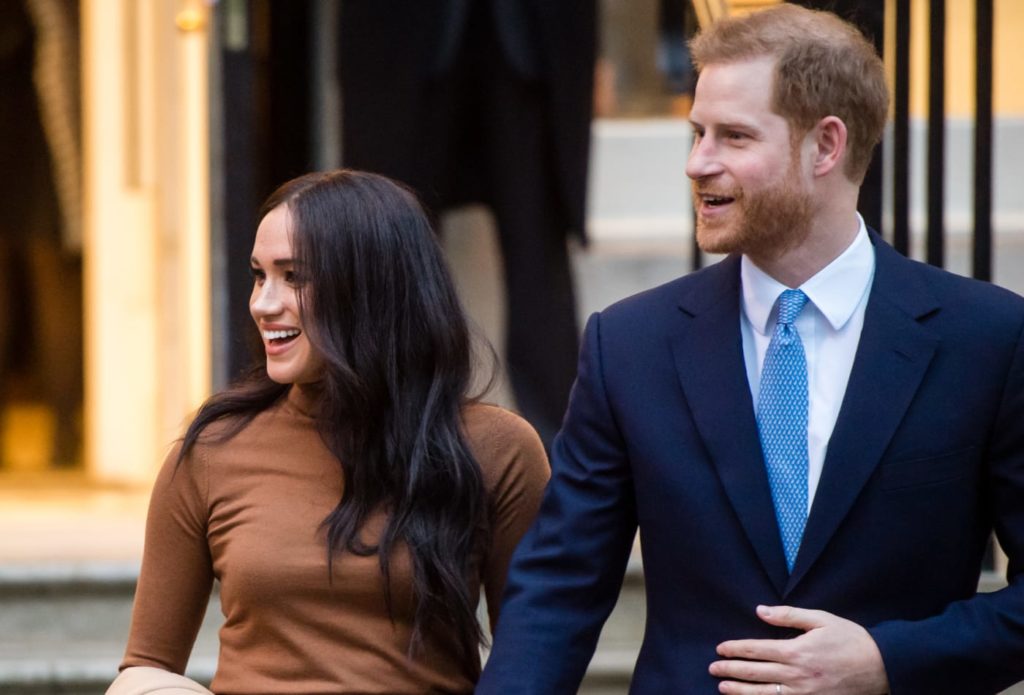
Updated 12:28 PM ET, Tue March 3, 2020
This article originally appeared in CNNBusiness.
(CNN)Research shows that talking with a spouse or partner about money increases relationship satisfaction. But many people still don’t do it. Couples typically don’t talk about money because they’re embarrassed or fearful, said Tara Unverzagt, a certified financial planner with South Bay Financial Partners in Torrance, California. Money is more attached to emotions than most people realize.
“When two people come together, you end up with two sets of money stories, values and experiences,” she said.A recent study showed that married people have the fewest number of conversations about money out of any type of couple, including people who are co-habitating, dating or separated.
“We thought married couples would talk about money more because there is less taboo in the relationship and there would be some shared goals,” said Megan McCoy a marriage therapist, and co-author of the study. “We were shocked about how few were talking about money.”The obstacles are significant, but not impossible to overcome and doing so could even boost happiness in your relationship.
Define your terms
Money is never just money, said McCoy. It’s connected with an idea or a feeling that is often established early on in your life. “We often don’t realize that other people see money differently than we do,” she said. “Some see it as safety and protection, others as something to give away. For some it is something to do fun things with.” Talking with your spouse about what money means to you is a good place to start, said McCoy. From there, she said, focus on shared financial goals instead of the nickels and dimes. “Don’t get bogged down with how much one spends on biking and one spends on dining,” said McCoy. “Talk about, what are we doing to save for retirement? When will we pay off our student loans? How much do we want to fund our kids’ educations?”Keep in mind: People can be embarrassed about their habits or lack of money knowledge, so it’s important not to judge, she said.
Talk values
Natalie and Dan Slagle, a married couple who are both certified financial planners with Fyooz Financial in Rochester, Minnesota, specialize in young couples who are blending their finances. But that didn’t make their own money conversations any easier. “We found ourselves arguing about what decisions we should make with our money,” said Natalie. “We realized we were struggling because we didn’t have in-depth conversations about our philosophies with money and how we were raised with it.” Once they began talking about what they value and their experiences with money, they said they started to find common ground. “Dan and I both share a strong value in our health,” said Natalie. “So spending money on gym memberships, hiking shoes, and even running race registrations requires no convincing because it aligns with a value we hold. But if I were to randomly go out and spend $100 on a new dress, Dan would question that.” These conversations have made their relationship stronger, they said.
Face the fear
For many couples, avoiding money talks comes down to fear, said Ryan Sterling, a financial adviser and wealth coach at Future You Wealth in New York City.”Each spouse is operating in their own money silo,” he said. “They have fear of losing autonomy, losing control, or detaching from consumption and the status or pleasure that comes with that.”In order for couples to feel more secure talking about money, Sterling says they first need to get on the same team.To do that, he recommends couples start by writing their individual wish lists of what they hope to achieve with their money — like take care of family, eliminate debt or reach financial independence. Then, they should compare both lists and see which items match up and which ones don’t. “This process is for all couples — those that have a positive net worth and those with major credit card debt,” said Sterling. “We put it all out there and we work toward a set of agreed upon goals that align with true wants and values.”Money decisions after that are less about being good or bad, right or wrong, he said, and more about, “does this purchase get us closer to our goals or further away?”Talking about money with your spouse is rarely as bad as people think it will be, said Colin Moynahan, a certified financial planner with 2050 Capital Financial Advisors in Charleston, South Carolina.Yes, there are situations where one person is hiding some serious financial issues from the other — but better to know now. “Most people have built up issues in their own head that are not as bad as they think,” he said. “Once they have an open discussion and put a plan in place, they feel much better about the future.”And maybe even each other.







About The Author: Admin
More posts by admin